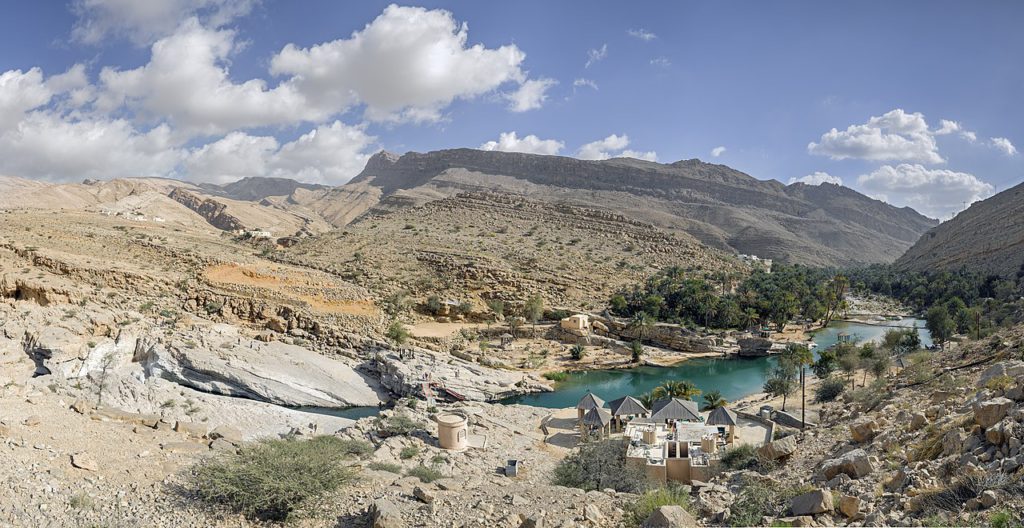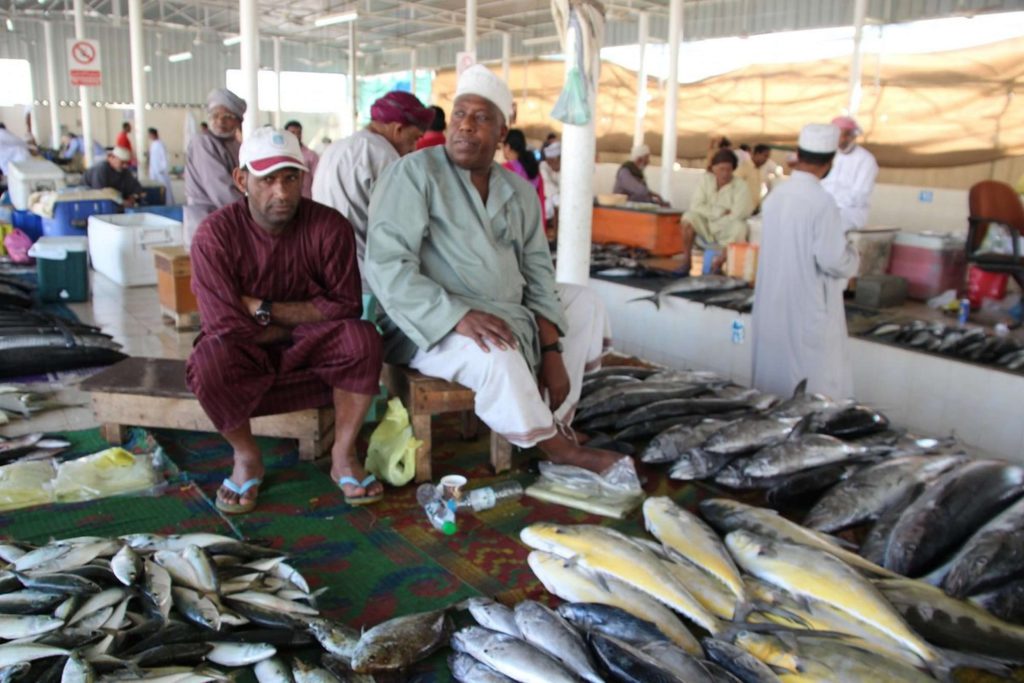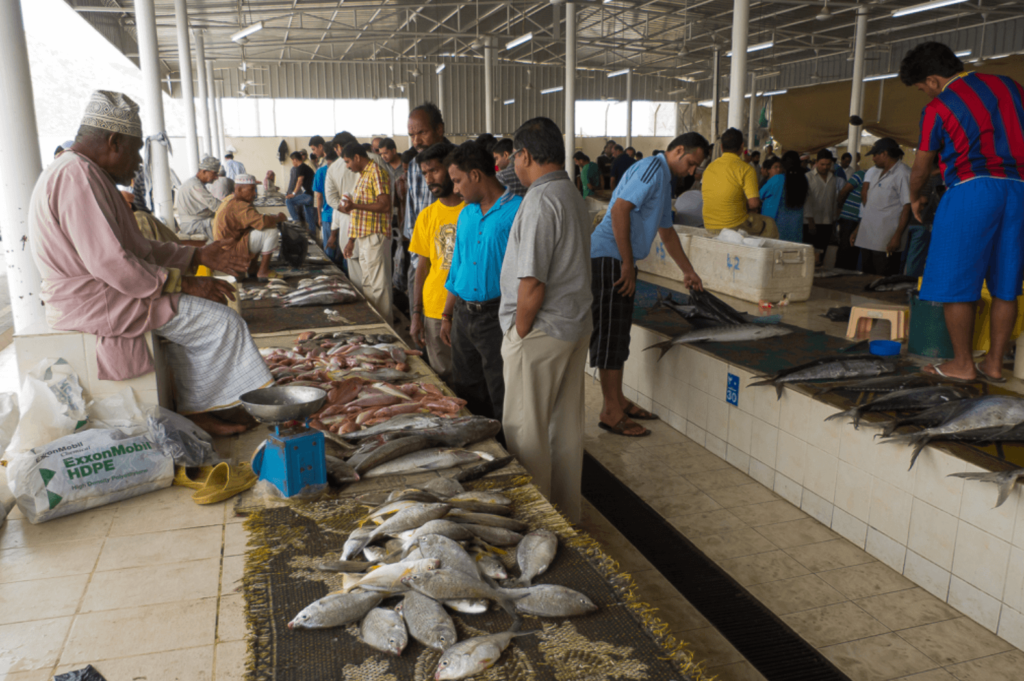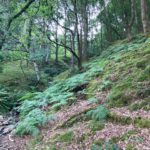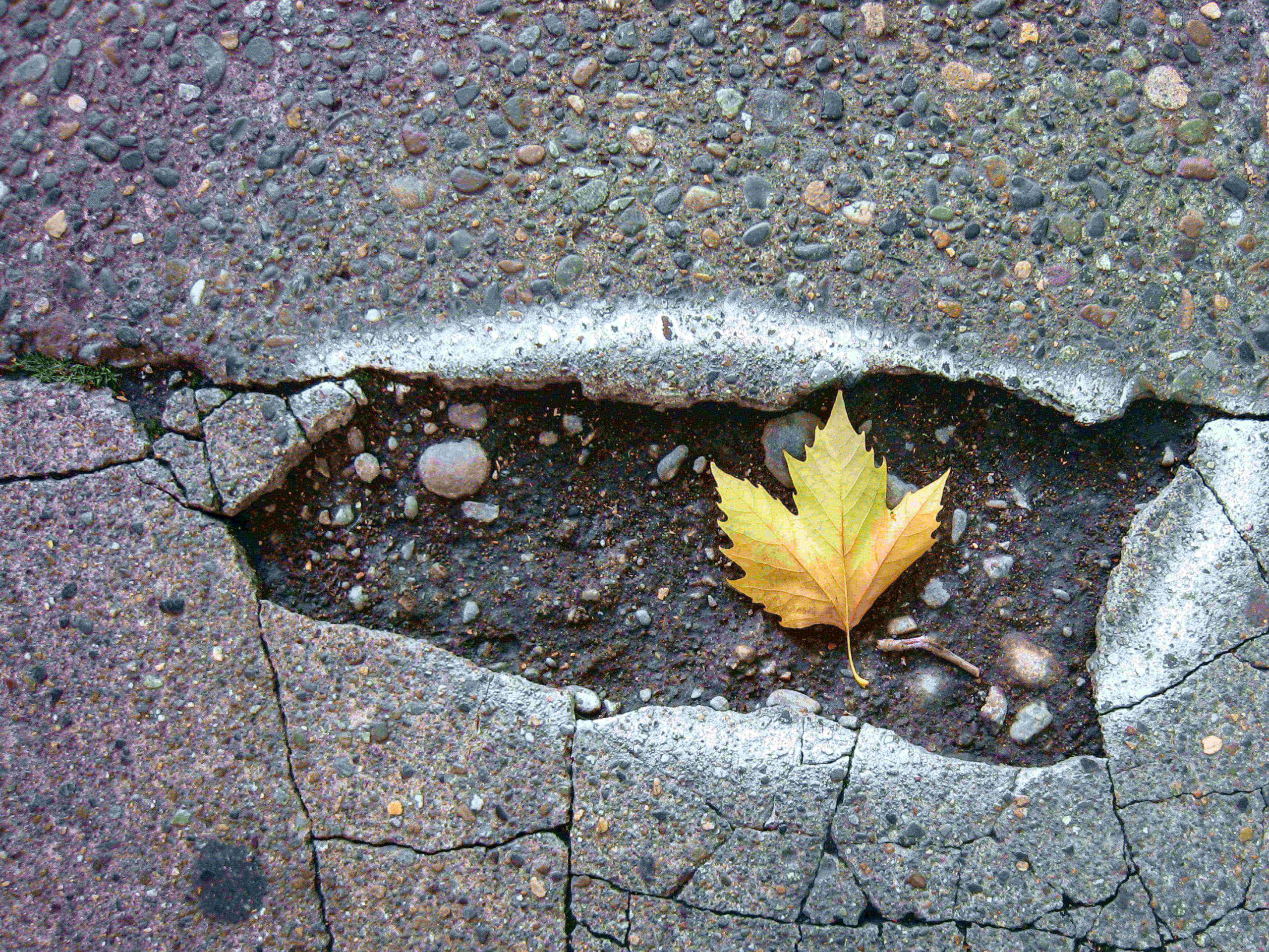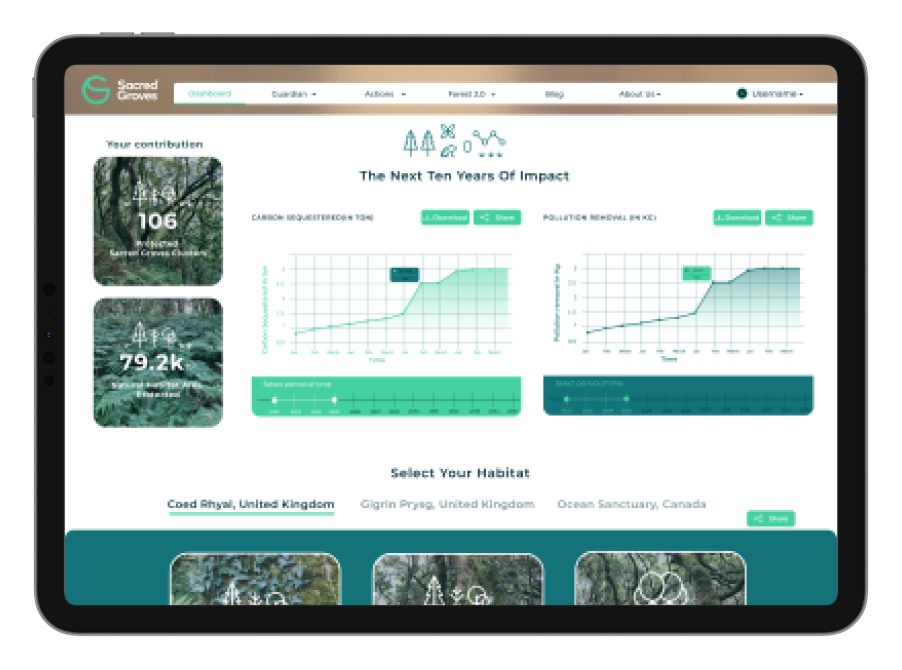Over-dependence on the oil and gas industry resulted in an economic downfall for Oman when the oil prices in the global market hit an all-time low in 2015. Since then, Oman has revised its Vision 2040 goals and is resorting to an unexpectedly fishy revenue stream to keep the wheels of its economy running smoothly (and sustainably…).
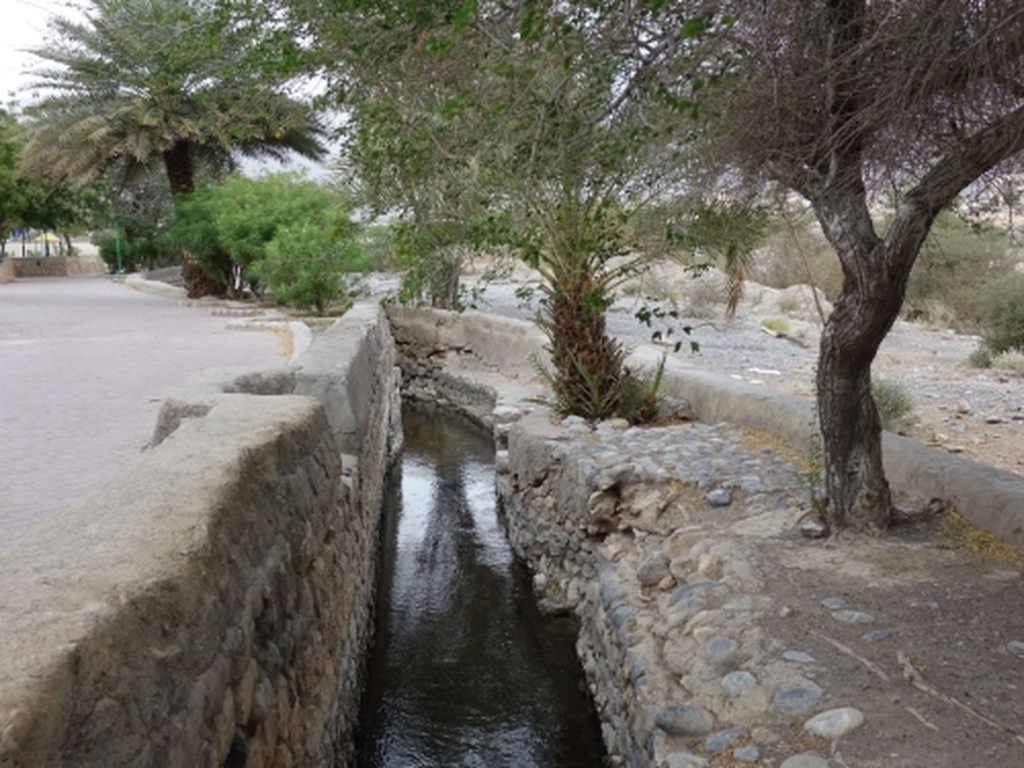
In the 16th century, when the Portuguese sailed to the Arabian shores, they were enamoured by the plentiful, fresh seafood available along Oman’s 3,000 km coastline. Today, the sultanate of Oman is looking to revive this historic industry to reduce its dependence on the declining oil sector. “Fish farming has an untapped potential due to Oman’s geographical location. Agriculture and Fisheries is the second largest industry, therefore, it is natural that the government considered investing in it to decrease the reliance on oil and gas”, says Rumaitha Al Busaidi, an Omani environmentalist. The idea is sound, but its implementation has so far been marred by the lack of advanced technological implementations in Omani fisheries. Farmers still rely on the indigenous Falaj irrigation system, developed in 500 AD and used till date, which carries water from the natural springs to the mountain villages for farming and aquaculture. While it might have worked in the past, today this is problematic.
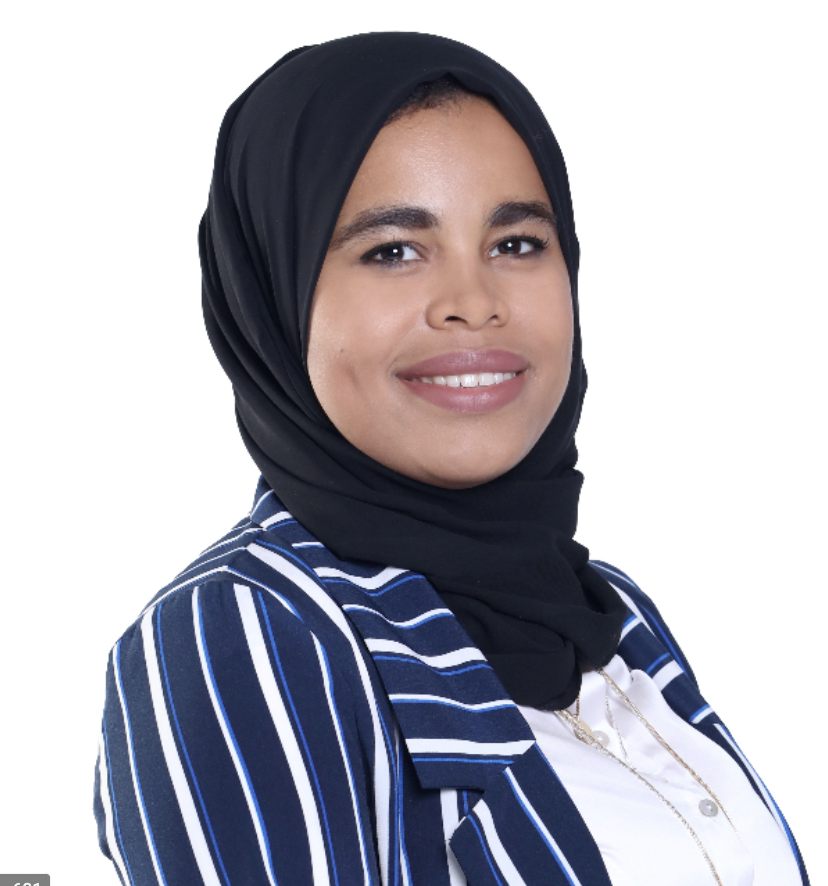
“Our fish production quality suffers because the water used for fish production and farming gets mixed with the saline water from the ocean, dramatically decreasing our income”, complains Khalifa Al Sahabi, a fish farmer in Bidiyah town in the Sharqiyah region.
To address this issue, Al Busaidi has introduced the concept of integrated Recirculating Aquaculture Systems (RAS) in aquaculture farms. These use mechanical and biological filters to reuse the water in production and minimise water resources for organic aquatic farming. “RAS technology also protects the marine environment”, she explains, “by restricting the effluent that reaches the ocean.” The Oman government had implemented this technology initially for the production of Tiger prawns. Food lovers and industry experts laud their size and quality. RAS technology has helped in increasing the production rate of these prawns even as it has made intensive fish production compatible with environmental sustainability. In May 2021, Oman invested in the construction of a 8,000 hectare aquaculture farm: the second largest in the MENA (Middle East and North Africa) region.
A number of barriers had to be overcome for the RAS technology to be implemented. Costs of installing temperature controls in the desert kingdom are high and it has been tricky to persuade local farmers to choose this newer technology over their traditional aquaculture methods. It has taken extensive educational drives by the Omani government to finally develop 21 integrated tilapia farms, one shrimp farm, and one marine cage farm in the country. Today, the figures speak for themselves. The production of tilapia has leapt from three tonnes in 2013 and five in 2014 to 20 tonnes in 2015 and 77 tonnes in 2017.
“With the help of RAS, we have successfully enhanced the fish quality by 66 percent across the country in the last six years”, says Nasser Abdullah, Assistant Project Manager of the Al-Wusta fish farming project. Next on the cards: using RAS technology for salmon production. While energy intensive, this sustainable aquaculture model is ensuring safer fishing techniques and lowered food miles for fish consumers across the Middle East.
Author: Rahma Khan, The India Story Agency for Sacred Groves
Images Credit: Oman banner image – Richard Bartz/ Wikimedia Commons, Muscat fish markets – StellarD and Khalifa Al Sahabi
(Wikimedia License – https://creativecommons.org/licenses/by-sa/4.0/legalcode)
Did you enjoy this article?
Share with friends to inspire positive action.
